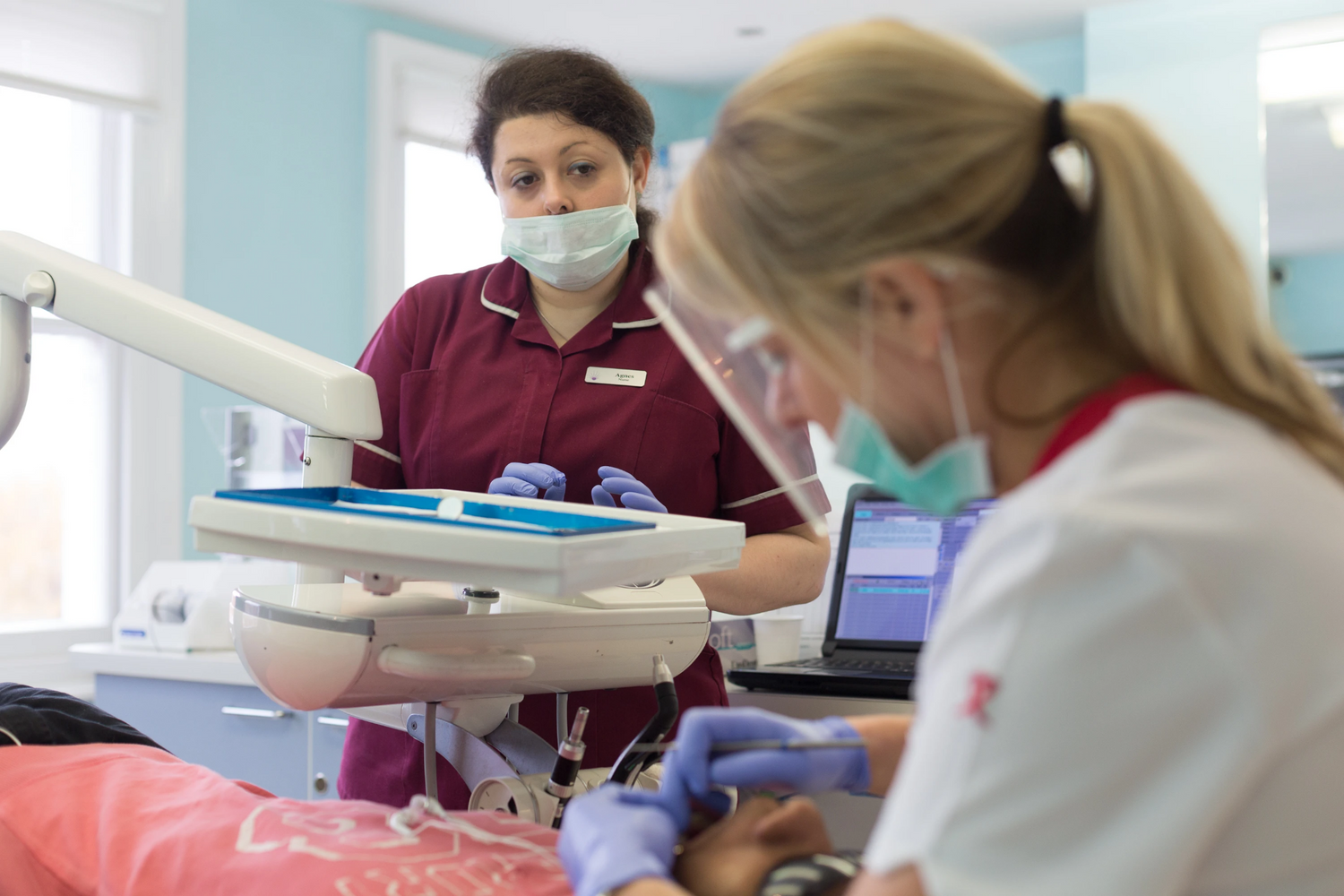Stoptober 2021 is here, the time of year where thousands of people around the country give up smoking for the month - and even for good. We all know the perils of smoking, but did you know it also has a detrimental effect on your teeth? This is especially true if you’re going through orthodontic treatment.
Here, we’re going to take a closer look at how smoking can impact your teeth and why orthodontic treatment can be affected by smoking. If you need some inspiration to continue with your Stoptober 2021 pledge, read on to find out more.
1. Smoking can adversely affect the performance of orthodontic treatment
In order for orthodontic treatment to be successful and trouble-free, your oral health needs to be in tip-top condition. Smoking undermines your oral health in many different ways, such as causing gum disease and staining, as well as increased bacterial plaque and reduced blood flow to the gums. In order for your orthodontic treatment to be plain-sailing, your general oral health needs to be good enough to provide a solid infrastructure. If it’s not, you can encounter more pain, infections and general tooth trouble.
2. Smoking can affect the way you look
Although orthodontic procedures often have a functional purpose, like correcting an overbite, they can also be used to improve the aesthetics of your smile. Unfortunately, smoking has a huge impact on your body and can make your skin dull, tired and prone to breakouts. What’s more, it can encourage staining around the teeth and can even lead to stains around the braces which you won’t necessarily see until your braces are removed.
3. Smoking can cause infections and slow healing
Many people who have orthodontic treatment need teeth removed prior to having their braces installed. If you smoke after a tooth extraction, you’re not only slowing down healing time but also running the risk of getting complications like dry socket. Dry socket, also known as alveolar osteitis, occurs when a blood clot fails to develop in the tooth socket, or if the blood clot disappears. The dragging action when you inhale on a cigarette can often dislodge any clots and contaminate the wound site, leading to exposure of the underlying nerves and bone. This can result in extreme pain, radiating down your face, jaw and neck. By continuing to commit to Stoptober 2021, you’re protecting your oral health and avoiding potential pain and discomfort.
4. Smoking contains harmful chemicals that can affect the integrity of your orthodontic treatment
Cigarettes contain harmful chemicals that don’t just affect your body. The chemicals in cigarettes can also undermine the integrity of your orthodontic structures, causing the bonding agents used to disintegrate. Not only does this mean more time in the orthodontist’s chair, but it also means it’s more time until you get your braces off.
5. Smoking can give you bad breath
Due to the increased plaque that builds up in a smoker’s mouth, there is the potential for smelling breath. And when you add braces into the mix, which collect debris and chemicals, it can only get worse.
So, if you were wondering ‘can smoking impact orthodontic treatment?’, now you know the answer. Giving up smoking is no mean feat, but by using Stoptober 2021 as the catalyst to reach your goal, you’re part of the way there already. If you need help with your oral health, in particular with any orthodontic treatments, please call 020 8265 9797 and speak to our friendly team.
What is Stoptober?
Stoptober is a major annual event to encourage smokers to stop for 28 days in October, with the aim of stopping smoking permanently. For further information on the campaign and to read more information on stopping smoking, see here.






